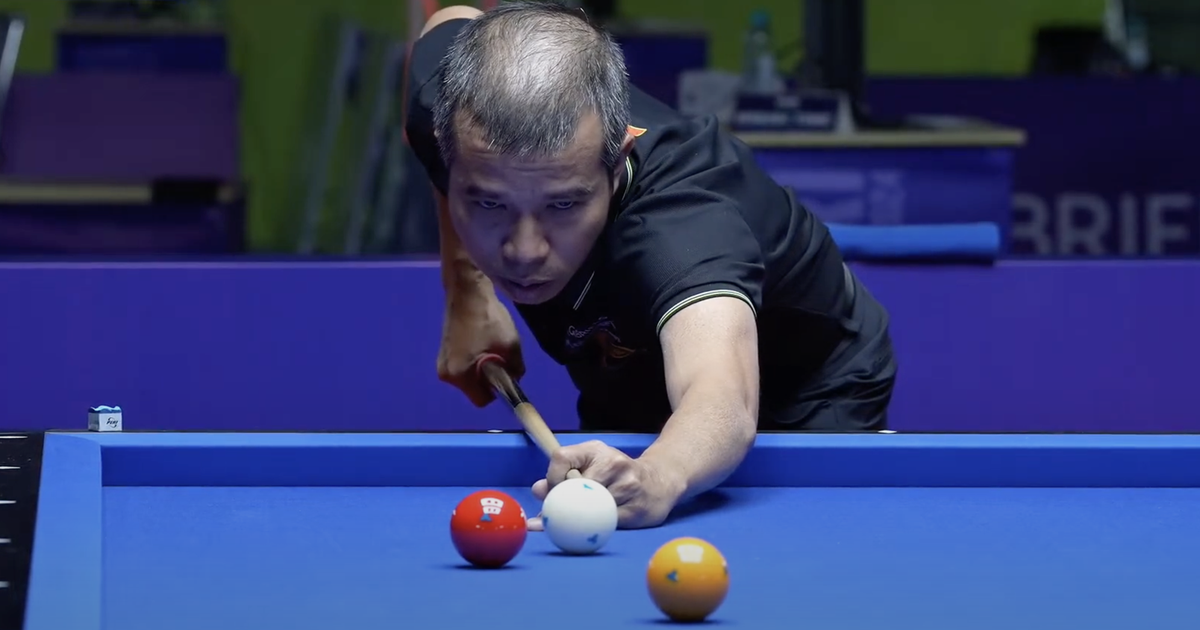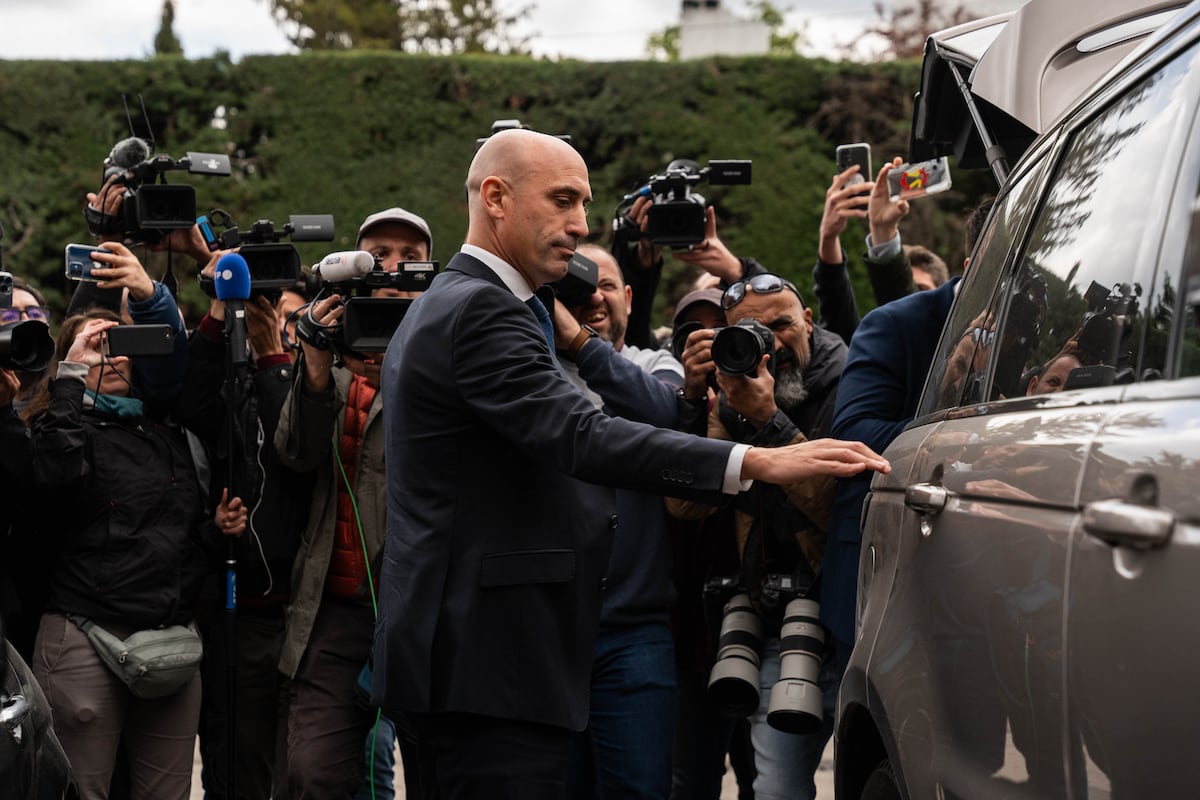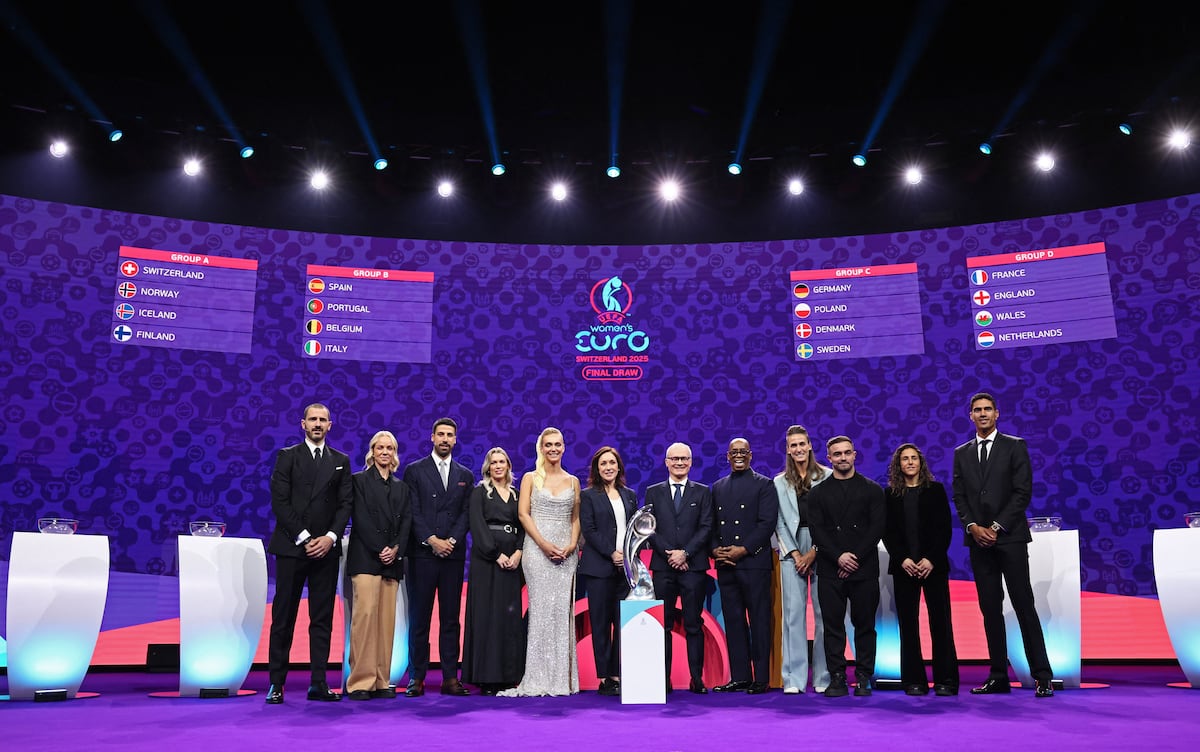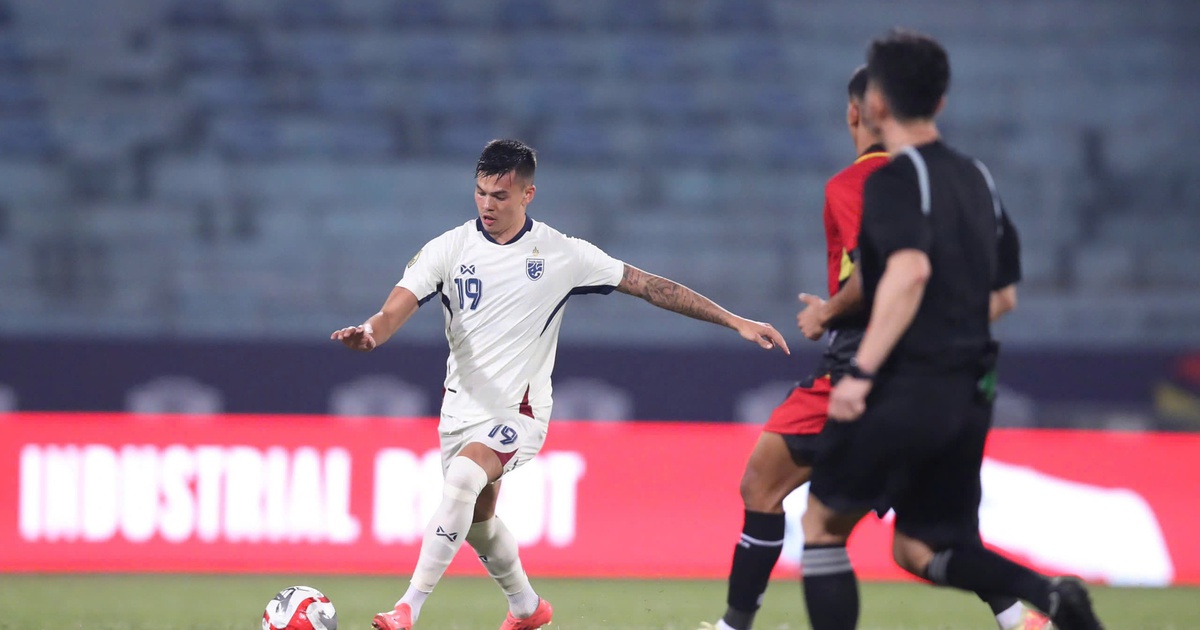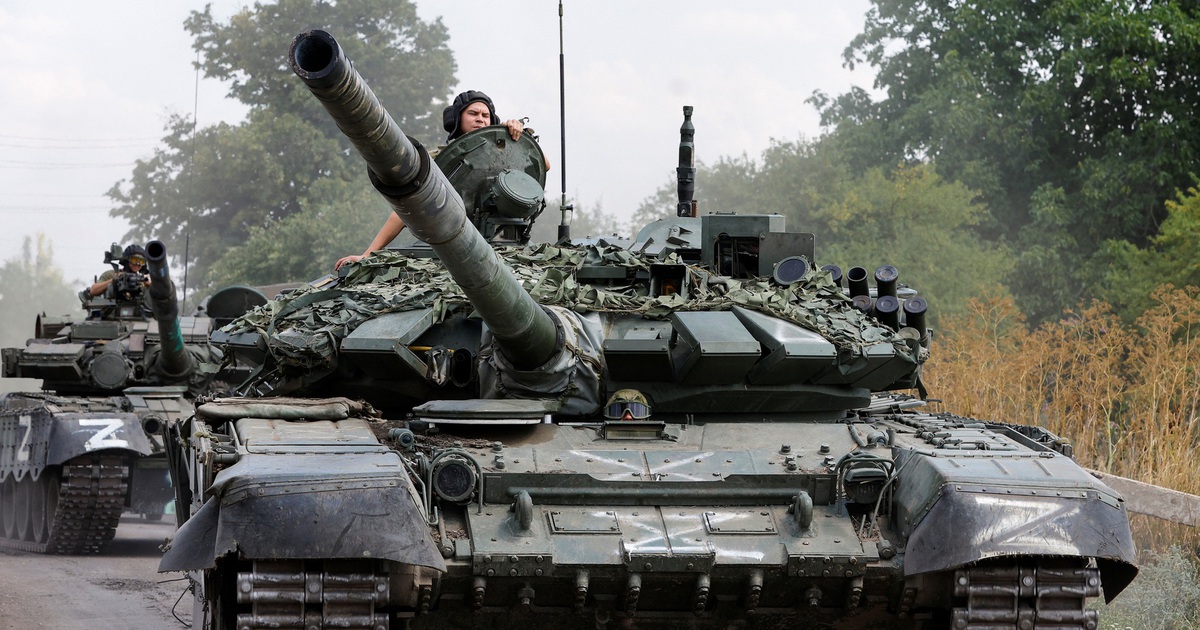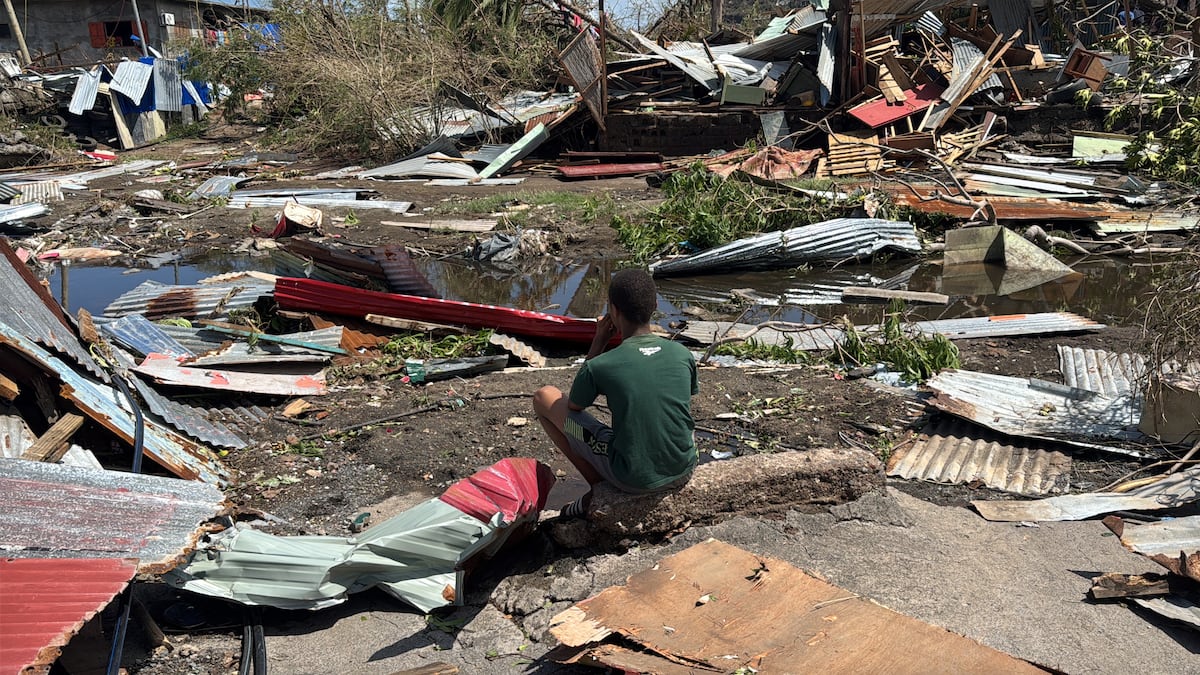A year and a half after the scandals that blew up the mandate of Luis Rubiales, Spanish football elects this Monday starting at twelve noon the president for the 2024-2028 Olympic period. The elections to the Royal Spanish Football Federation (RFEF) have been marked by the dirty war between the presidents of the territorial ones, divided into two sides. The Galician Rafael Louzán, sentenced to seven years of disqualification from holding public office for prevarication and favorite to win, and the Valencian Salvador Gomar are vying for the seat of the worn-out institution. The third candidate, Sergio Merchán from Extremadura, is a stone guest to whom Louzán provided 23 endorsements in case the Higher Sports Council (CSD) prevented him from running or disqualified him when he became president. This is the intention of the organization chaired by José Manuel Rodríguez Uribes. Louzán’s conviction, although his appeal is pending before the Supreme Court, clashes squarely with the CSD’s policy of restoring the reputational image of the federation and Spanish football in the face of the major challenge of organizing the 2030 World Cup together with Portugal and Morocco. .
The duel is clear between Louzán and Gomar. The first claims to have more than 90 votes and the second with a range of between 70 and 80, so the accounts do not add up because the number of assembly members with the right to vote adds up to 141. Both are playing to claim they are winners to try to bring together the votes of the fear of isolation of the undecided barons who decide their vote when they are certain of who the winning horse is. Until Sunday, there was speculation whether the third candidate, Sergio Merchán, would resign from running this Monday. In any case, a hypothetical presidency of his would be as bizarre as Kafkaesque and would offer a vision of the barefoot dogs and the quagmire in which the federative world of Spanish football moves. Merchán brings together signs intrinsic to the so-called straw rulers. He could be the first president of the federation without having barely picked up the phone to amass endorsements and votes, without presenting a program and without speaking to the press.
The winner will come from the aforementioned vote of the 141 assembly members: 19 territorial presidents; 50 clubs (20 professionals and 30 amateurs); 32 players (19 and 13), 11 referees (7 and 4), 16 coaches (6 and 10); futsal (5 clubs, 4 players, a referee and a coach); and beach soccer (a club). The winner needs an absolute majority (71 votes) and, if this does not happen, there would be a second round with the two candidates with the most votes. Then a simple majority would suffice. If there was a tie in the second round, the vote would be repeated after an hour of reflection. The air of farce that has flown over the electoral process during this year and a half would already be capital with a second tie because the election of the new president of Spanish football would be decided by heads or tails. Literal.
The barons decide
These, more than any of the last elections to the RFEF, are the elections of the barons. They all agreed that the president had to be one of them after the experiences they had with Ángel María Villar, whom they adored, and with Luis Rubiales, whom they let do and undo without questioning anything. Villar and Rubiales made the leap to the presidency of the RFEF as leaders of the football players’ union (AFE).
The short-lived presidency of the disqualified Pedro Rocha was already an unequivocal sign of the commitment to inbreeding imposed by the barons. Neither the former Secretary General Gerardo González nor the Madrid businessman Juan Manuel Morales were able to gather the 21 endorsements necessary to be able to present a candidacy. More than ever, the elections for the federative presidency have been a preserve closed by the barons. “The president will be whoever the presidents of the territorial ones want,” said the Catalan Joan Soteras without embarrassment, who may have his days numbered as a baron for alleged falsification of votes in the elections for the presidency of his territorial one. With his statements, Soteras, who supports Louzán, destroyed the barons’ argument that they do not control the majority of the assembly members. “We only represent 19 votes,” they defend when they are accused of manipulating the vast majority of assembly members who vote at will.
The favoritism of Louzán, who declares himself a continuator of Rocha’s work, is given by the support of between 12 and 14 territories, and that of professional football through LaLiga and headed by its president Javier Tebas. During the temporary presidency of Rocha and the person he appointed when he was disqualified, the former player María Ángeles García Chaves, Yaye, Louzán acted as a transmission belt between the RFEF and LaLiga. Yaye is the wife of Alberto Montes, former secretary of Rocha in the Extremadura federation and was promoted to the interim presidency of the federation. For these elections she has not even run as a candidate. Another obvious trace of how the federation has been managed.
New fire in sight
There is a general consensus that Louzán is the most qualified of the three candidates to lead the federation. His problem and that of Spanish football is that, if he wins, the stability that he proclaims in his program is not guaranteed. If the Supreme Court ratifies his conviction next February, it would force another electoral process to be opened. Louzán may try to hold on to the position by claiming that the conviction is only for similar public positions. Also, as Morning Express has revealed, the former president of the Pontevedra Provincial Council handles reports in which his legal advisors recommend changing the federative statutes in their articles 19.4 and 24. The first, referring to the requirements to be part of the bodies of federal government, establishes as a condition “not being disqualified from holding public office.” This has not prevented Louzán from running for office, but it does deny him access to government bodies. The president of the federation is also the president of the Assembly and the Delegate Commission. Article 24 has to do with the cessation of office for any person affected by the restrictions of 19 (cited above). Louzán has taken this reckless risk, claiming the support of the majority of the barons. If he is overthrown by the CSD or the Supreme Court, we will have to see what excuses the barons argue. With Villar and Rubiales they took refuge in “I didn’t know or I didn’t have anything to do with it.”
The risk that Spanish football runs with Louzán has been the asset that Gomar has exploited to add followers to his cause. The Valencian baron has been accused by his opponent of being shadowed by Luis Rubiales. Gomar denies this, although one of his strong men is José Manuel Molina Maza, vice president of the Andalusian territorial division closely linked to Rubiales, according to Louzán. Gomar has also denounced a dirty war on the part of the Galician, whom he blames for hinting in a private conversation that shocking aspects of his life would come to light, such as a complaint for workplace harassment and having a daughter born from an extramarital relationship.


